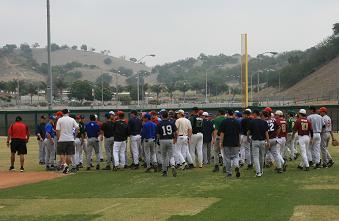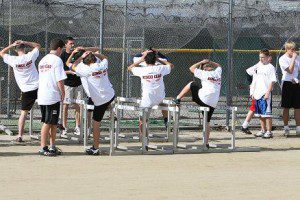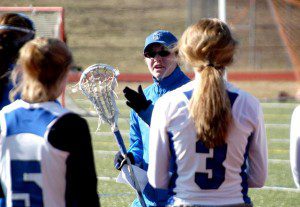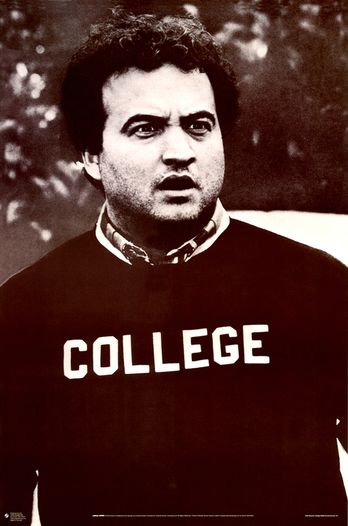Google Yourself Before You Get Googled
Posted by Jennifer Hutchins in Academics, College, High School, Social Media, tags: advice, College, High School, Social MediaIn today’s world, nearly every young person has a virtual life on personal websites such as Facebook or MySpace, and it is safe to assume that a potential college coach will try to find your online identity. First impressions on the Internet are hard to erase, partly because pictures and information on the web can be easily copied, downloaded and reproduced. Even after the original is gone, it most likely still exists on some website, somewhere, with someone. Thus, we recommend a student-athlete should keep his or her digital profile clean, private and respectable. This goes for both high school and college athletes. In the real world, employers often do a detailed background search including a web search before they will hire someone.
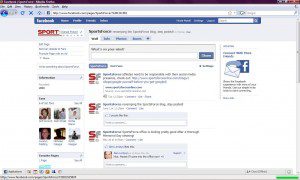
We’ve heard plenty of stories from college coaches where they have found pictures of student-athletes online, drinking alcohol and/or partying. Right off the bat this tarnished their image with their potential coach. Remember, college coaches are looking for someone that is going to represent their program on and off the field. An easy way to check what’s out there is to Google yourself. If you don’t like what you see, contact the site or user and request that they take it down.
Just to get an idea of the importance of the issue, here’s a quote from USA Today:
“Florida State athletes were given ten days to cleanse their profiles in December. That came after administrators there asked coaches to select random student-athletes’ names and plug them into a Facebook search. “They were surprised and dismayed,” associate athletics director Pam Overton says. “They were surprised at the pictures, that students would allow themselves to be exposed in the public domain.” http://www.usatoday.com/tech/news/internetprivacy/2006-03-08-athletes-websites_x.htm
Here are a few tips on how to keep your online identity presentable:



